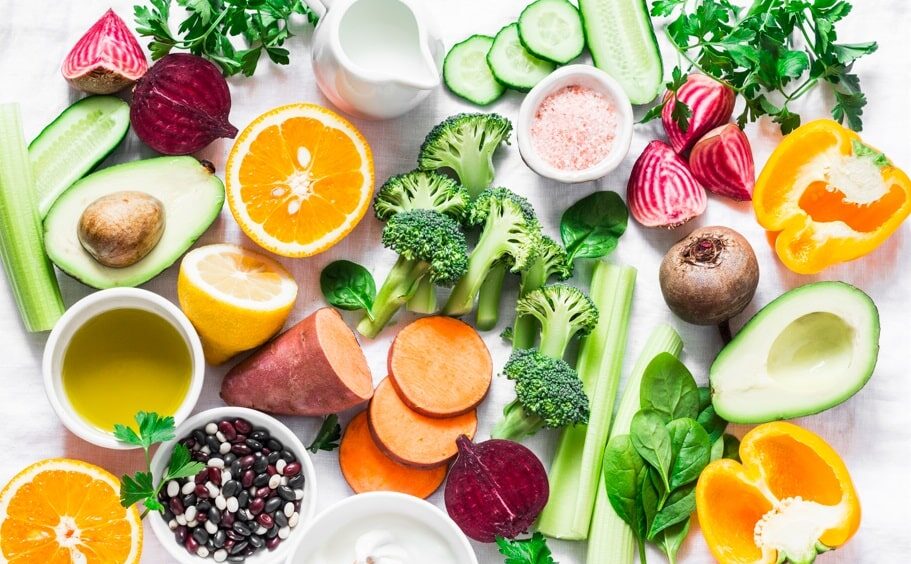Collagen, Biotin, and Beyond: Essential Nutrients for Dermal Strength

Why Nutrients Matter for Skin Health
Healthy, resilient skin reflects what’s happening inside the body. Essential nutrients work together to support hydration, barrier function, and repair processes. Increasingly, people are turning to nutrient-focused approaches to get real results, and many share insights and progress online. Reading practical feedback on platforms such as Beverly Hills MD can illuminate how prioritizing nutrition can affect skin’s look and feel. This focus on nutrition and experience is helping shift the conversation from surface fixes to deeper, more lasting skin health.
Understanding Collagen’s Role in Dermal Strength
Collagen acts as the scaffolding of the skin, giving structure and resilience. Collagen levels naturally decline as people age, resulting in fine lines and less plumpness. Numerous studies suggest that consuming collagen-rich foods or hydrolyzed collagen supplements can support the skin’s structure and promote firmness. People who supplement collagen often notice their skin feels more elastic and retains moisture better, especially when paired with other healthy habits.
The Power of Biotin for Skin and Hair
Biotin, or vitamin B7, is essential for metabolism and cell renewal. Although rare, biotin deficiency can result in brittle nails, thinning hair, and dull skin. Getting enough biotin through eggs, almonds, or supplements can boost hair strength and help maintain a clearer, more supple complexion. Many have found that when biotin is integrated into a balanced nutrient routine, it supports both hair and skin vitality.
Nutrients Beyond the Headlines
Collagen and biotin are top-of-mind for many, but skin health also depends on nutrients like omega-3 fatty acids, zinc, and vitamin C. Omega-3s reduce inflammation and promote a smooth complexion, and vitamin C supports collagen synthesis and a brighter tone. In contrast, zinc assists with repair and healing. A diet comprising leafy greens, citrus, seeds, and fatty fish helps supply these vital nutrients.
Choosing Quality Supplements and Ingredients
Not all supplements are created equal. Selection should prioritize purity, verified sourcing, and bioavailability. The National Institutes of Health recommends looking for supplements that are independently tested for safety and efficacy. Healthcare professionals can offer guidance when adding new nutrients, ensuring you benefit from only well-formulated products.
Lifestyle Habits That Support Nutrient Absorption
Nutrient-rich foods are most effective when paired with good lifestyle choices. Staying hydrated, pairing foods to aid absorption (like vitamin C with iron-rich meals), and maintaining consistent meal times help the body utilize nutrients effectively.
Expert Advice and the Latest Research
Dermatologists increasingly value pairing balanced nutrition with skincare routines for optimal results. Recent research supports combining collagen and biotin supplementation with topical treatments. Staying updated with the latest studies and listening to professional advice helps tailor your approach for better long-term skin health.
Building a Nutrient-Rich Skin Routine
The path to stronger, healthier skin combines thoughtful nutrition, well-chosen supplements, and healthy habits. By focusing on foundational nutrients—collagen, biotin, omega-3s, vitamin C, and zinc—and maintaining a balanced diet and lifestyle, you’ll set the groundwork for visible skin improvements. Consistency and attention to how your skin responds ensures progress toward long-lasting dermal strength.

































































































































































































































































































































































































































































































































































































































































































































































































































































































































































































































































































































































































































































































































































































































































































































































































































































































































































































































































































































































